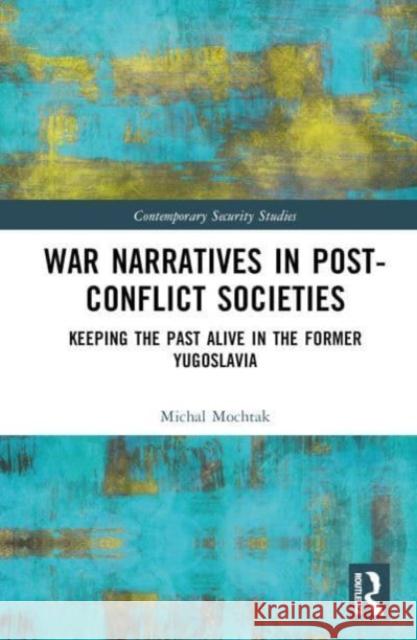War Narratives in Post-Conflict Societies » książka
topmenu
War Narratives in Post-Conflict Societies
ISBN-13: 9781032282688 / Twarda / 2024 / 352 str.
War Narratives in Post-Conflict Societies
ISBN-13: 9781032282688 / Twarda / 2024 / 352 str.
cena 756,05
(netto: 720,05 VAT: 5%)
Najniższa cena z 30 dni: 654,86
(netto: 720,05 VAT: 5%)
Najniższa cena z 30 dni: 654,86
Termin realizacji zamówienia:
ok. 16-18 dni roboczych.
ok. 16-18 dni roboczych.
Darmowa dostawa!
This book studies war narratives and their role in the political arenas of post-conflict societies, with a focus on the former Yugoslavia.











